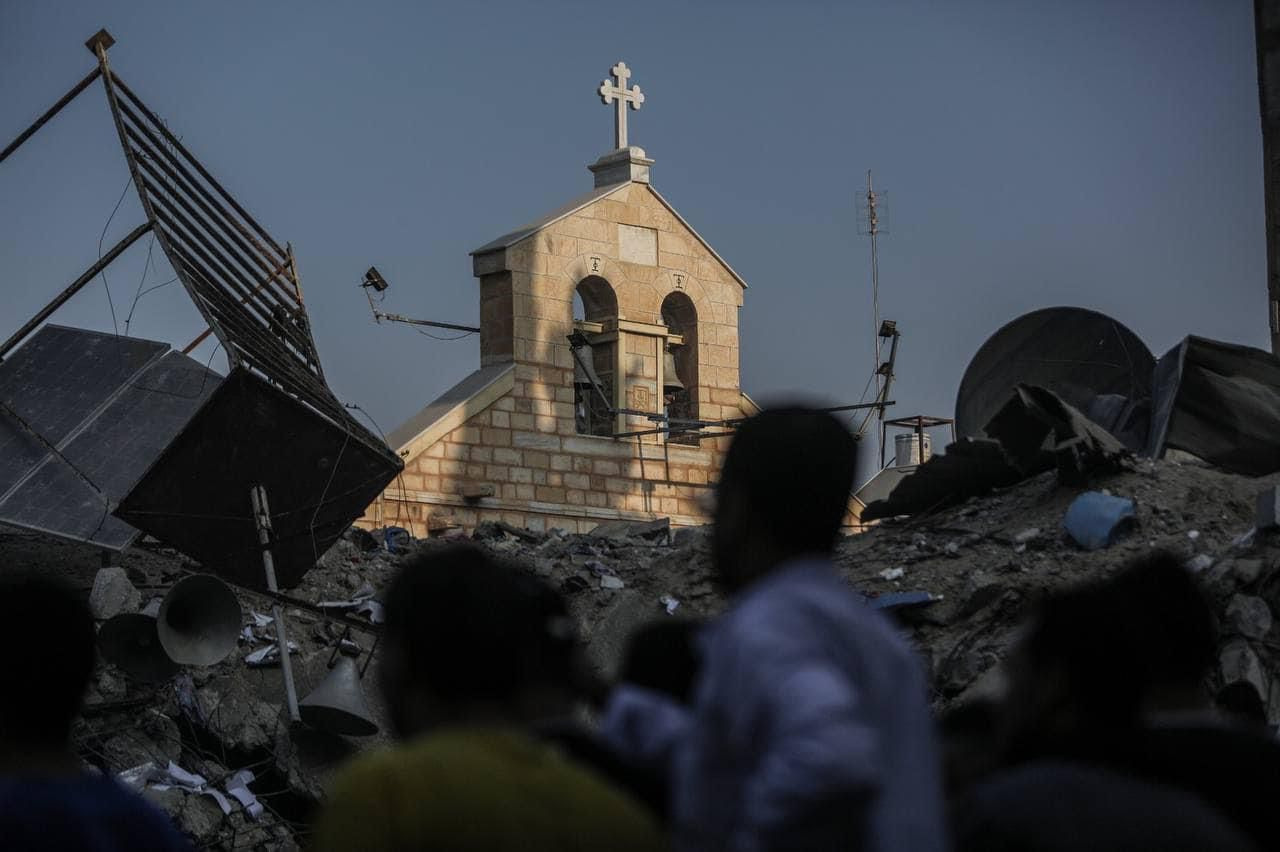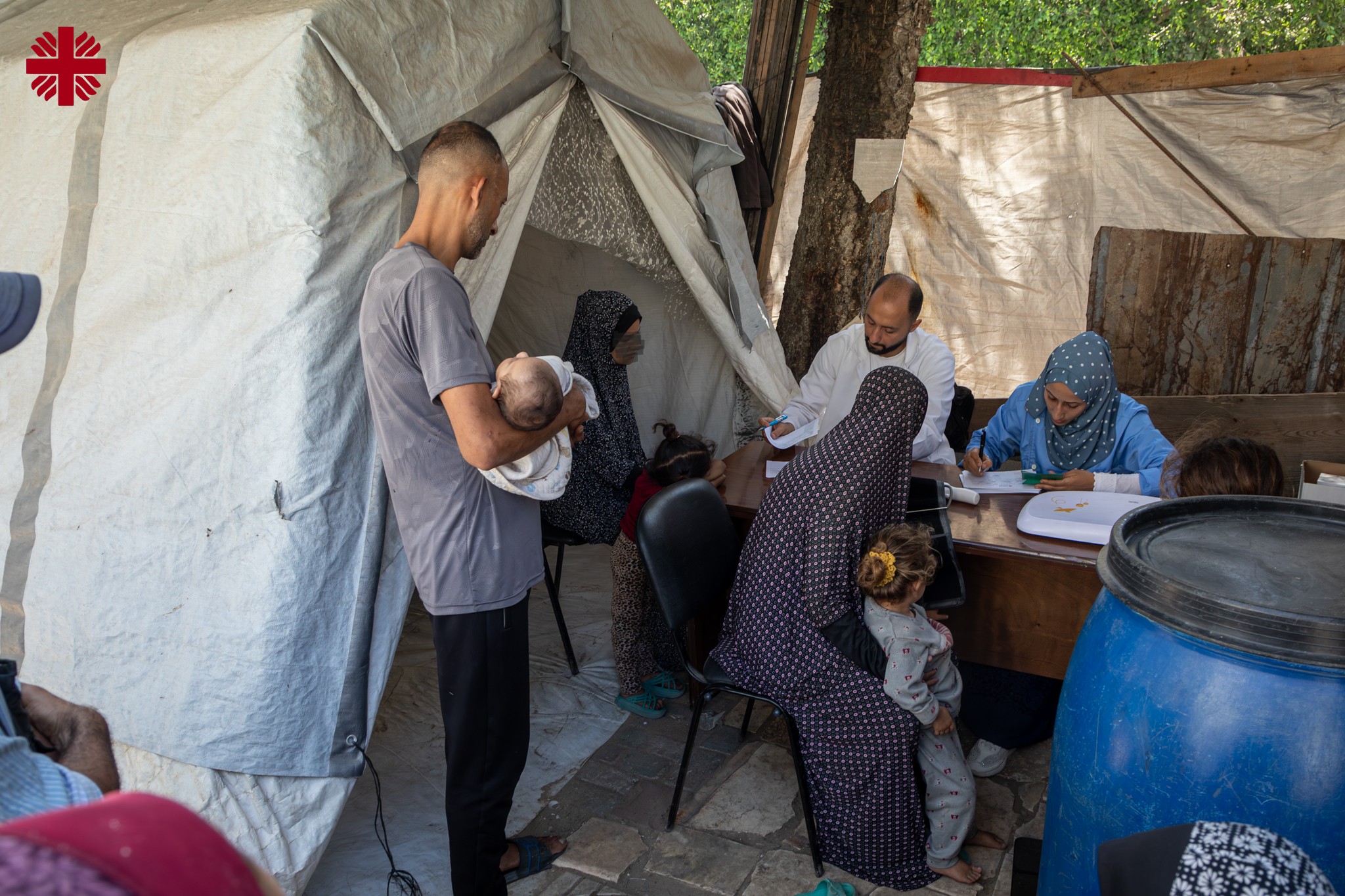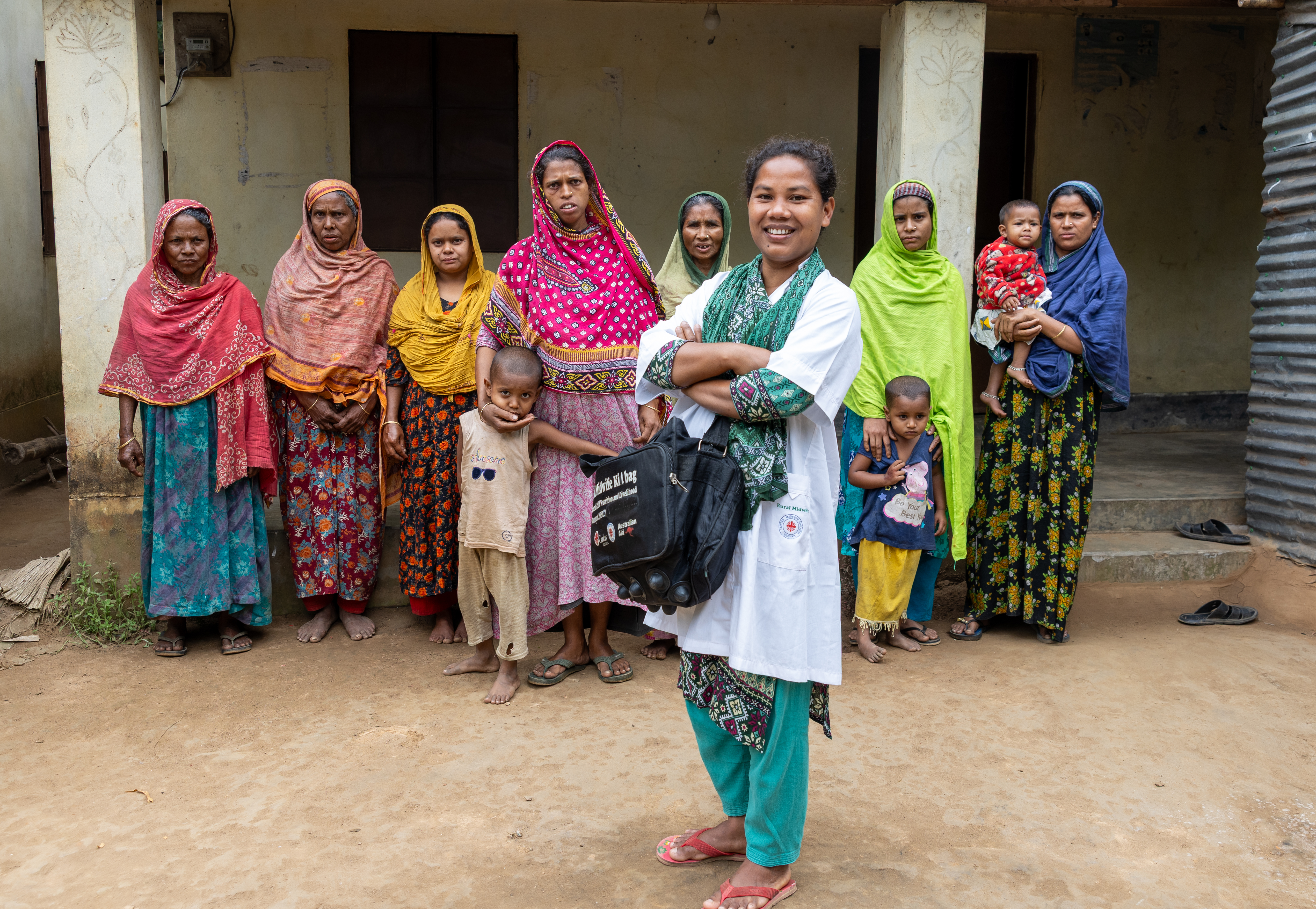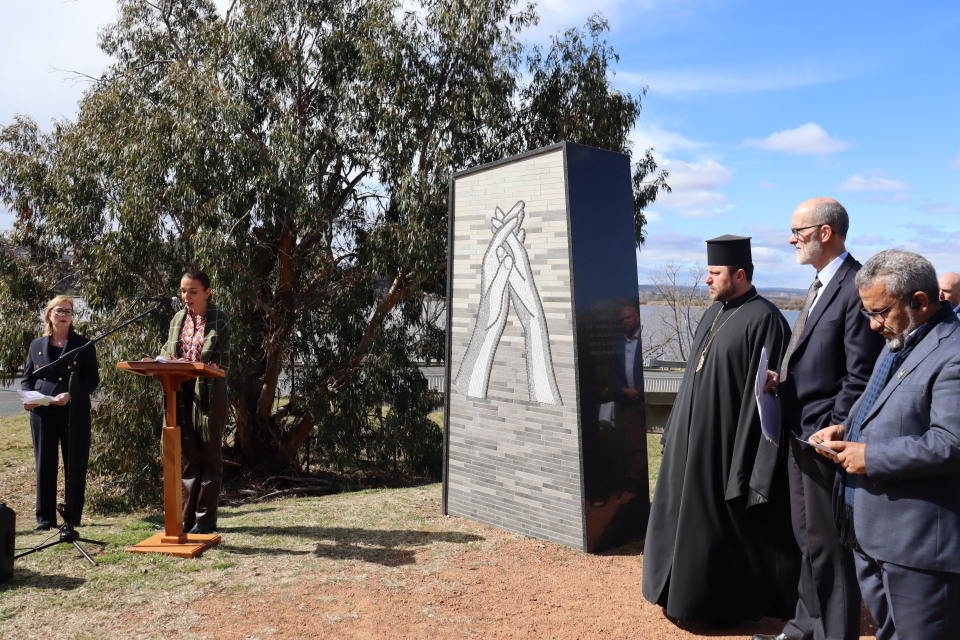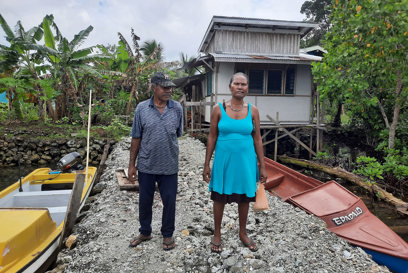A month into the conflict, with the death toll rising, we keep being told the situation on the ground is beyond our comprehension of suffering. Yet, hour by hour, conditions continue to worsen.
As humanitarians, in circumstances like these, we rely on politicians to establish and maintain the access that enables us to help. If we look at the options – a pause, a ceasefire, a return to peace – these are political actions, not humanitarian ones.
We are relying on the Australian government to put political pressure on international governments to enact these political processes in Gaza, and with immediate effect. Simply put, the support governments across the world extend to one another must be conditional, and cannot allow for attacks on innocent civilians, the bombing of hospitals, or the cutting off of food, water, and fuel.
The departure from human dignity and human rights has now escalated to such a degree that a total end to the violence is the only way to stem the tide of suffering. This is what politicians must advocate for.
The World Food Program estimates that just four days of basic food remains, with less than three litres of clean water available per day per person for daily needs, including drinking and hygiene. This is a staggering figure compared to the 15 litres per day that are required even in the world’s worst humanitarian crises. Reports also say over 50,000 infants are at risk of starvation, death, dehydration, and other health hazards.
Sally Thomas, Humanitarian Emergencies Lead at Caritas said of this, “Bringing food, water, and medicine to these infants in a “pause”, without knowing they can be made permanently safe, would put humanitarians in the heartbreaking situation of knowing their intervention was simply prolonging the suffering for some.
Beyond dehydration, starvation and injury, people are also dying through lack of consistent access to medicines for chronic diseases such as diabetes. Lack of access to clean water means water-borne diseases are also rife. And without a ready supply of painkillers, antibiotics, clean water, and fuel to power generators, life-saving surgeries cannot realistically be made possible. Over 50,000 pregnant women also need care, with 5,500 due to give birth within the next week.
“The reality is, very few of the life-threatening issues faced in Gaza can be addressed in a few hours or days. Re-establishing proper healthcare to support a population as injured and sick as those in Gaza is a gargantuan task that requires a total stop to violence”, Sally Thomas added.
"A pause also cannot address the catastrophe of trauma that is happening. In times of conflict there are usually some escape routes, however undesirable those options might be. In this instance, civilians are trapped and being forced to bear witness to the suffering of innocent people” she said.
Pope Francis has called for the violence to stop in the name of God, a call Caritas Australia echoes loudly and strongly. We do so for all those affected, and pray for the suffering to stop, human rights to be upheld and human dignity to be restored.





